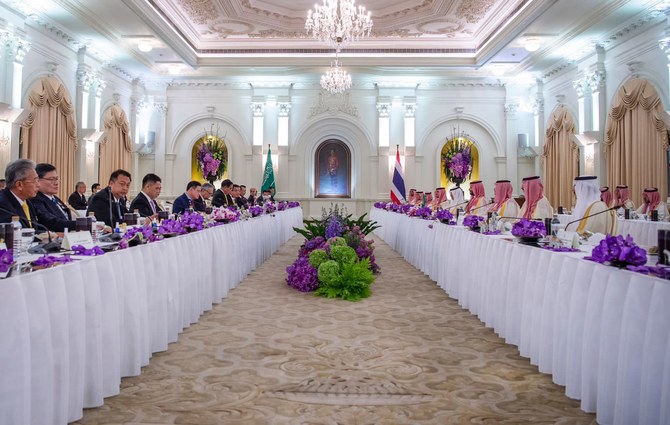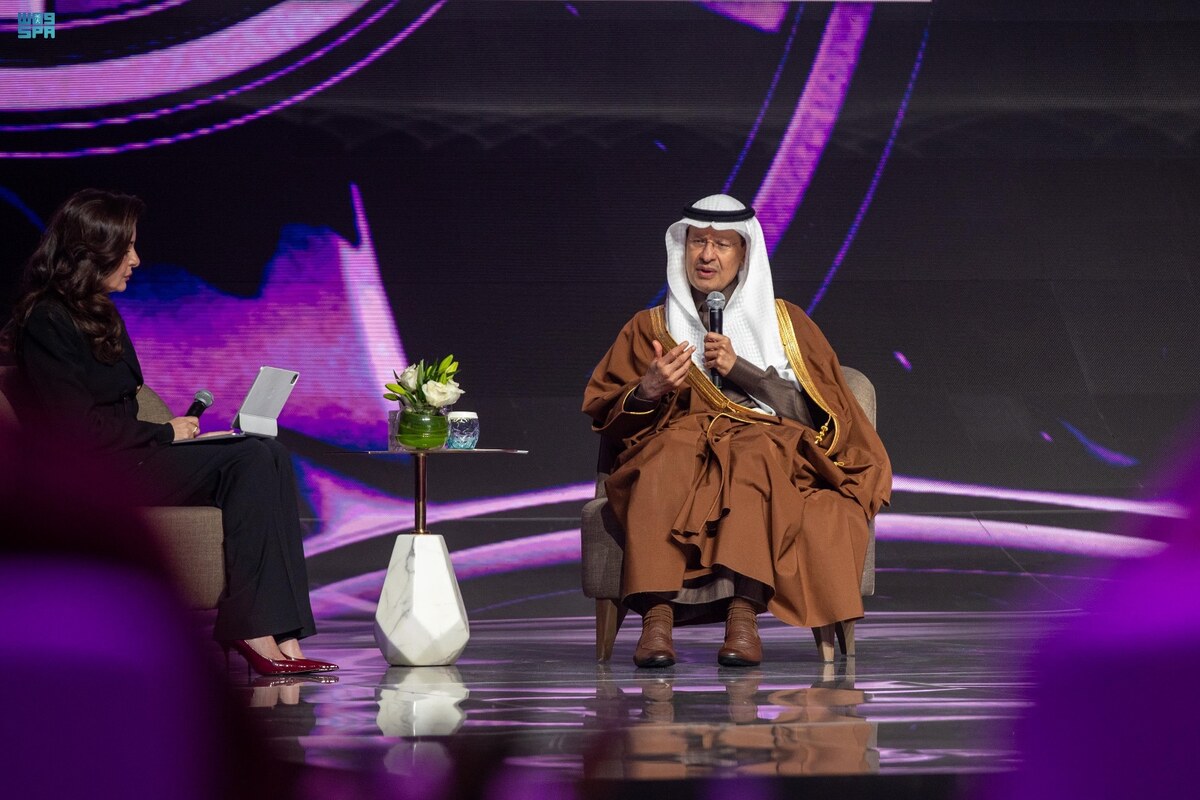BANGKOK: Crown Prince Mohammed bin Salman’s visit to Bangkok this week has had more of an impact than just forging a bond between the two kingdoms — it touched the sentiments of Thais, spurring hopes of a fruitful and lasting relationship.
The crown prince’s arrival in Thailand marked the first visit by a Saudi royal to the country after three decades of frozen diplomatic and economic ties.
Ties between Saudi Arabia and Thailand were restored earlier this year when Thai Prime Minister Prayuth Chan-ocha visited Riyadh in January and the two countries agreed to work on bilateral cooperation in a “historic breakthrough.”
Thailand invited the crown prince to be a special guest at the Asia-Pacific Economic Cooperation summit on Nov. 18-19.
HIGHLIGHT
Thailand invited Crown Prince Mohammed bin Salman to be a special guest at the Asia-Pacific Economic Cooperation summit on Nov. 18-19.
While his meetings with Thailand’s leadership have yielded numerous memorandums on energy, tourism and normalizing diplomatic relations, Thais who spoke to Arab News said it was also important to them on a personal level.
“The leader of Saudi Arabia, the crown prince and prime minister, is very widely well respected by our people,” said Tanee Sangrat, director-general of information at the Thai Ministry of Foreign Affairs, and soon to be Thailand’s ambassador to the US.
The visit has been “closely watched and followed by the Thai people in Thailand and around the world,” he told Arab News.
With the restoration of ties with Saudi Arabia, Thailand has found not only a new powerful partner in navigating volatile energy markets and energy transition, but also, as many have said, a “gateway” to the Middle East.
Business development professional Suppalerk Aramkitphotha saw the crown prince’s visit as a “great opportunity.”
“We are very glad that we have this opportunity,” he said. “Business and everything, that can come to Thailand, or any business from Thailand can go to the Middle East.”
Jirayut Srupsrisopa, a fintech professional, was glad that the crown prince was visiting Thailand and “bridging” the relationship.
“Now we can do so much more between Thailand and Saudi,” he said. “We can work with Saudis for the future of energy, the future of green hydrogen or a future growth in other aspects like the digital economy.”
But there is much more to the renewed ties than the immense business opportunities for both nations.
Voralak Tulaphorn, a marketing professional, said that a Saudi presence is something that has been missing from the diverse multicultural landscape of Thailand.
“Saudi Arabia and Thais actually have a lot of rich cultures, and with rich cultures it would be nice to have an exchange … I think from food to nature, fashion, to many handicrafts and all.”
But the biggest potential for her was in bringing Thais and Saudis together by exchanging cuisines, and if the way to another’s heart is through their stomach, Thai cuisine is definitely one that can offer a hearty fare.
“People love Thai street food,” she said, adding that she hoped that Thais will try Saudi food soon.
“In the last 30 years, we have not seen many Saudi restaurants in Bangkok. We would love to taste Saudi Arabian food, too.”





























